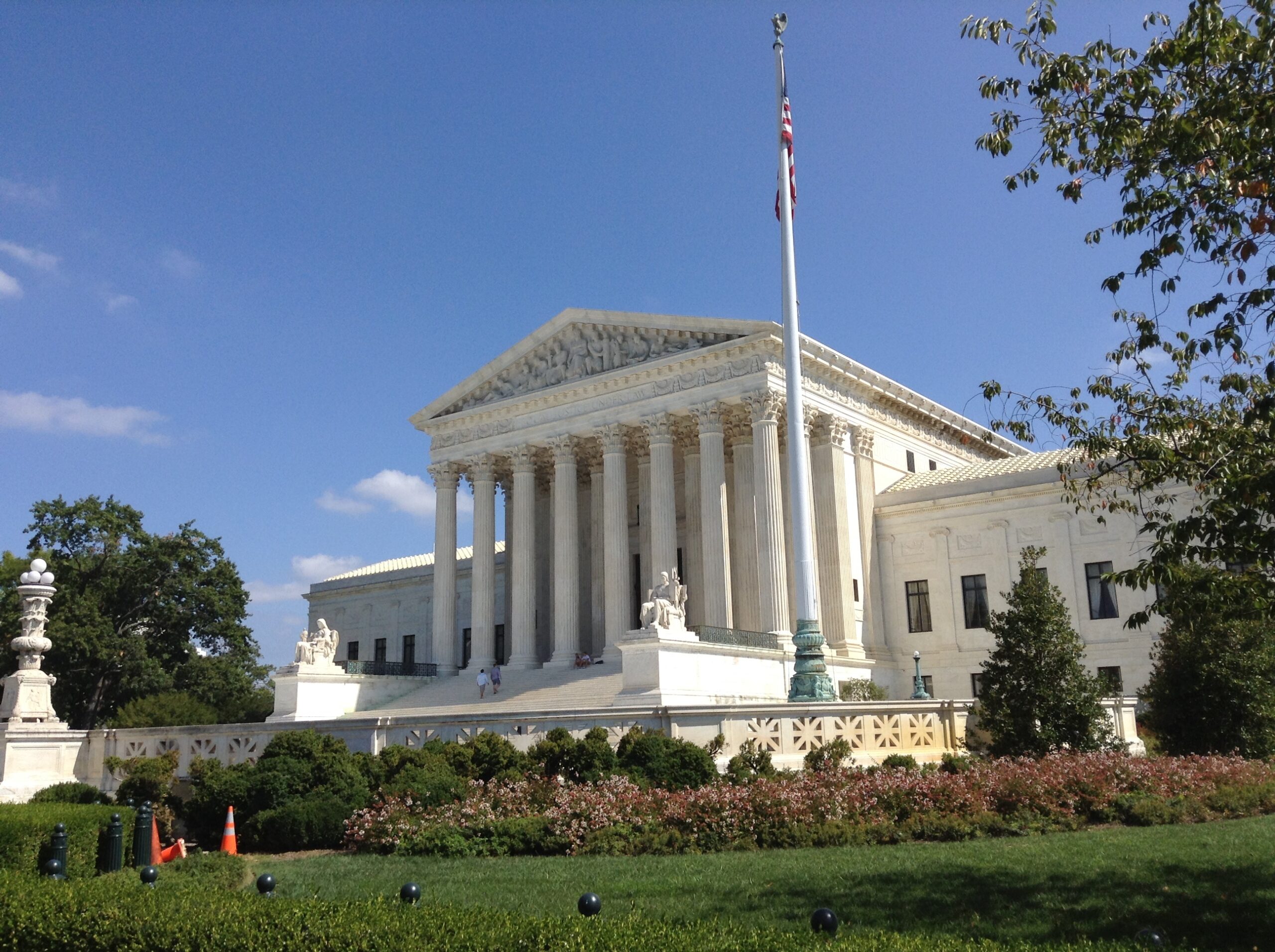Americans for Fair Treatment helps public employees hold their union accountable, and we do it for free. We do this, first and foremost, because we believe in First Amendment rights and the freedom of public employees to work free of coercion from unions.
The other reason is that the current system for holding unions accountable is extremely difficult to navigate. Governmental entities charged with hearing complaints about union conduct were set up decades ago under union-friendly laws, and they often operate as if the only voices that matter belong to attorneys, either from the union or the employer.
Want backup? We asked the Federal Labor Relations Authority (FLRA)—the body tasked with adjudicating labor board charges for federal employees—for public data showing what happened to every case brought by federal employees against their union from December 2015 to December 2022.
Here’s what we found (full spreadsheet here):
- Individuals filed an average of 173 charges each year against their unions. 1,211 charges were filed by individuals over the seven-year period audited.
- Two unions—the American Federation of Government Employees (AFGE) and National Treasury Employees Union (NTEU)—accounted for the overwhelming majority of charges filed by individuals. Of the 1,211 charges, 935 were filed against AFGE, and 108 were filed against NTEU.
- Fewer than 1% of individuals’ charges resulted in an enforcement action. Of the 1,211 cases brought by individuals, just 9 resulted in an FLRA complaint against the union. Of the 9 in which a complaint was issued, 8 involved AFGE and just 1 involved NTEU.
- Fewer than 1% of individuals’ charges resulted in a settlement of some kind. Of the 1,211 cases brought by individuals, just 12 resulted in a private or bilateral settlement. Of the 12 that resulted in a settlement, 7 involved AFGE and 0 involved NTEU.
- Over 52% of individuals’ charges were dismissed. Of the 1,211 cases brought by individuals, 636 were dismissed in full; another 2 were dismissed in part. Of the 638 total dismissals, 501 involved AFGE, and 56 involved NTEU.
- Over 45% of individuals’ charges were withdrawn by the individual at some point prior to a determination. Of the 1,211 cases brought by individuals, 552 were marked as withdrawn. Of the 552 withdrawn cases, 416 involved AFGE, and 51 involved NTEU.
These numbers are lopsided enough to suggest that something is systematically wrong with employees’ ability to hold unions accountable.
The chief problem has to do with the financial disadvantage for employees. Any employee who wanted to file an “unfair labor practice” charge with a state or federal labor board better have an attorney friend willing to represent them for free. Otherwise, the cost of paying the attorney could quickly outstrip the value of the charge itself. The typical public employee could not afford to hire an attorney out of mere principle. In contrast, unions and employers have plenty of lawyers either on staff or under a flat retainer that would cover an unfair labor practice charge.
This same inequity hurts employees who attempt to represent themselves without an attorney in a labor board proceeding. They often find themselves outmatched by union and employer lawyers who cut their teeth prosecuting labor board charges of their own. They not only seem to know the law; they seem to know everyone who works at the labor board—and they’re on a first-name basis.
Even attorney-represented individuals face an enormous obstacle if the attorney isn’t willing to expend significant resources. Labor board charges are difficult to prosecute, and the standards governing union conduct are notoriously easy for union officials to satisfy. Just having a lawyer isn’t enough; you have to have a really good lawyer.
As the FLRA’s numbers demonstrate, it’s not easy for public employees to hold their union accountable before a labor board.
The good news is that Americans for Fair Treatment can help you find free, public interest lawyers who can review your case and see if you qualify for legal assistance. Please reach out to let us know how we can be helpful.
